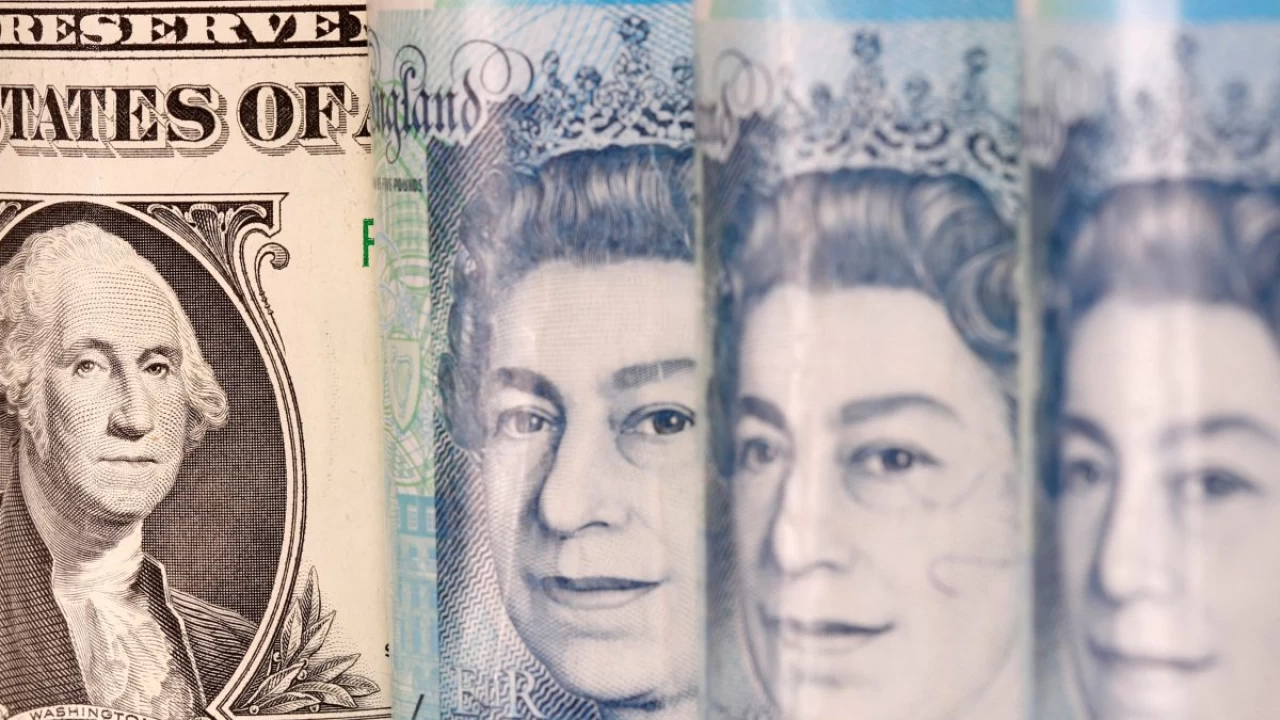British Pound Hits Lowest Level Since Late 2023
The British pound has dropped to its lowest level since late 2023 on Thursday, following a recent decline driven by global bond selloffs that have pushed the U.K. government's borrowing costs to a 16-year high, raising concerns about the country's financial situation.
Sterling's Decline
Sterling is currently down 0.6% at $1.2295, reaching its lowest point since November 2023. The cost of hedging against increased price fluctuations in the next month has also surged to its highest level since the banking crisis of March 2023.
Rising Global Bond Yields
This week, global bond yields have risen sharply due to fears of inflation, reduced expectations of interest rate cuts, uncertainties surrounding the future U.S. administration's policies, and the possibility of significant additional debt.
Market Turmoil in the UK
The U.K. market has been significantly impacted, with benchmark 10-year gilt yields spiking to their highest level since 2008. This has led to a lack of confidence in the country's fiscal outlook, putting pressure on Finance Minister Rachel Reeves to potentially reduce future spending.
Challenges for the UK Government
Despite the traditional relationship where higher gilt yields would support the pound, the current situation reflects investors' concerns about the U.K.'s financial stability. The bond market is signaling a need for the government to address its economic policies to avoid further turmoil.
Market Expectations and Policies
Market participants believe that the U.S. Federal Reserve may implement one rate cut this year, while the Bank of England's actions are also being closely watched. The U.K. is facing economic challenges such as slow growth, persistent inflation, and a weakening labor market compared to the U.S.
Impacts of Proposed Policies
Proposed policies by President-elect Donald Trump, such as trade tariffs and immigration measures, could contribute to inflationary pressures in the U.S., limiting the Federal Reserve's ability to adjust interest rates. This has resulted in the dollar strengthening against other currencies.
Concerns in the Derivatives Market
Traders are cautious about potential rate cuts by central banks and are closely monitoring developments in both the U.S. and U.K. markets. The U.K. economy's struggles and uncertainties are creating challenges for investors.
Historical Context
The recent movements in the bond market and currency valuations echo past instances of market volatility in the U.K., such as the events of late 2022. The government's response to economic challenges will be crucial in stabilizing the financial markets.
















